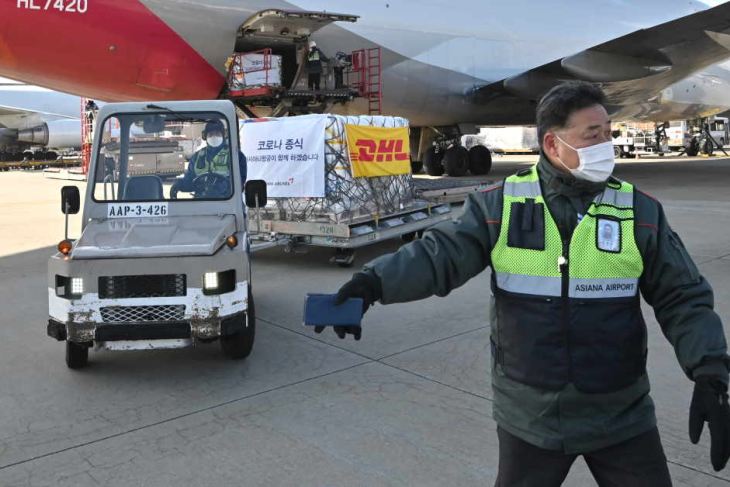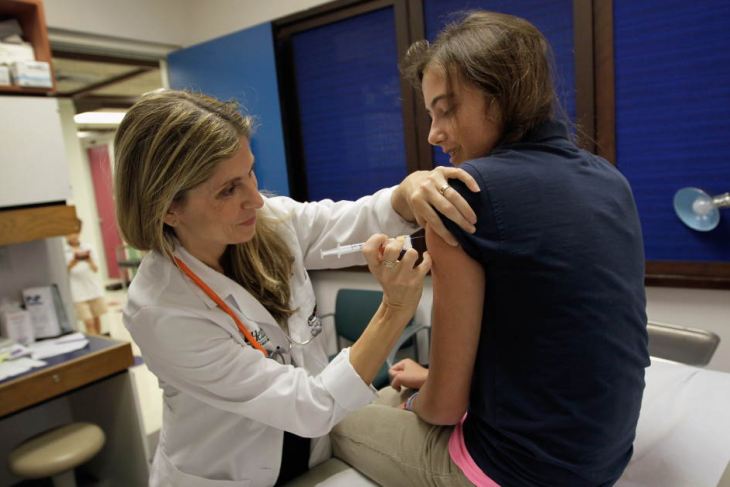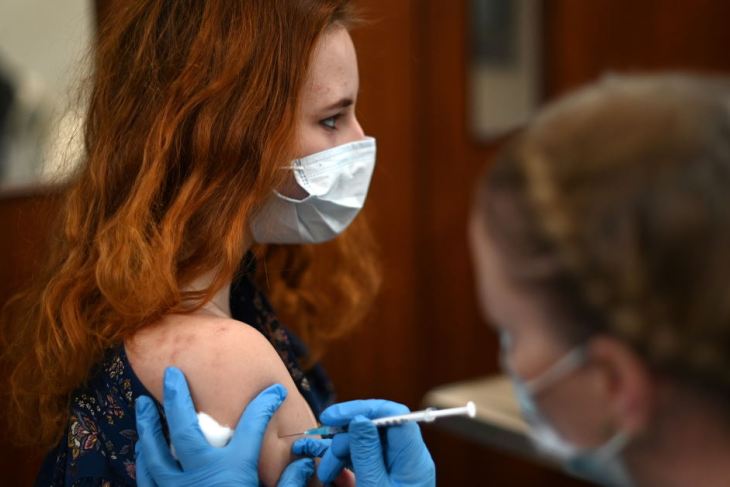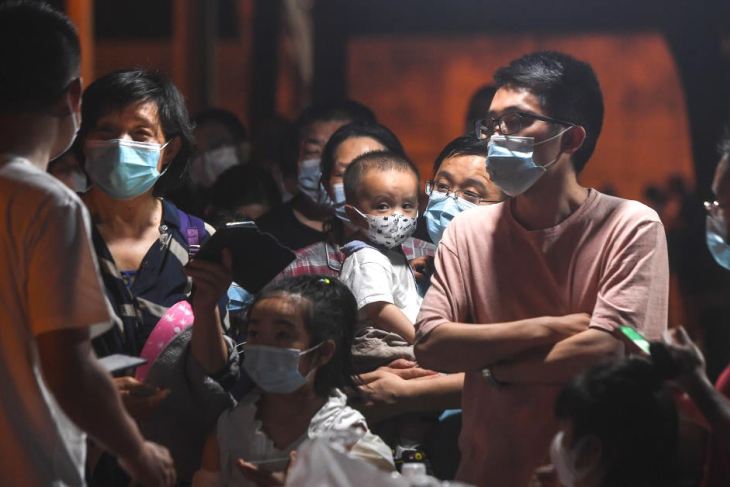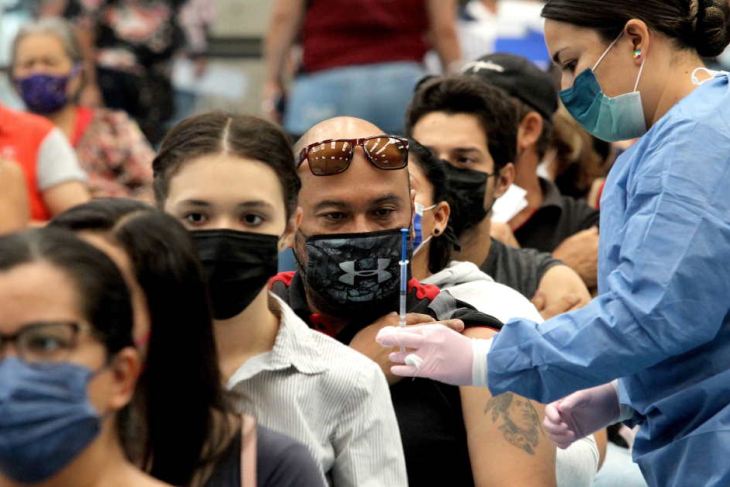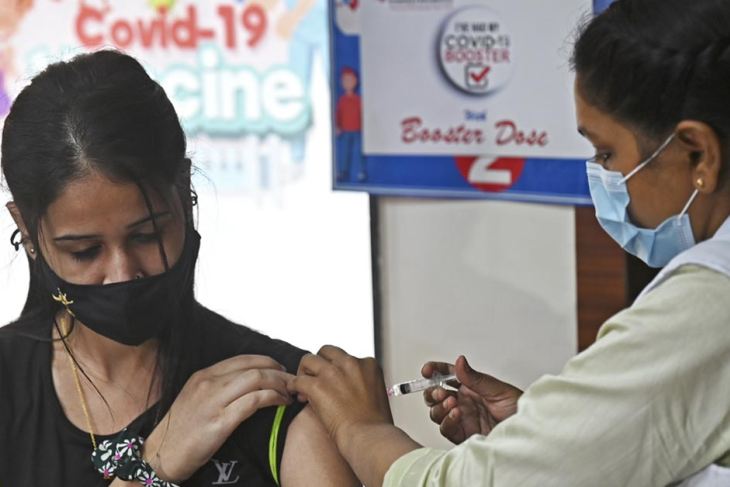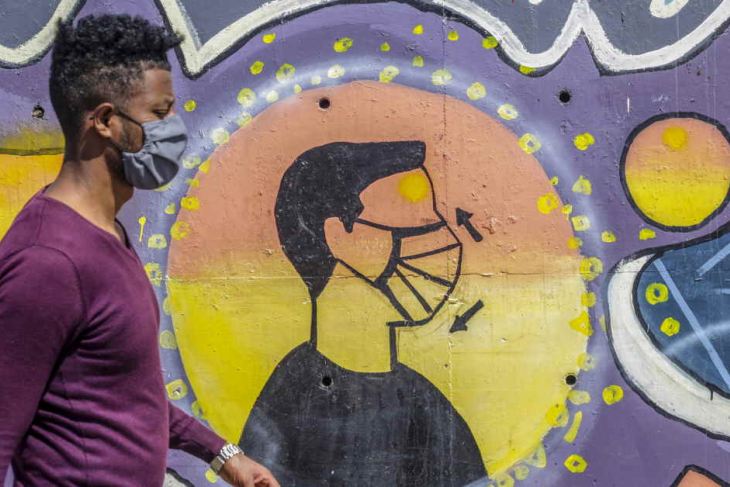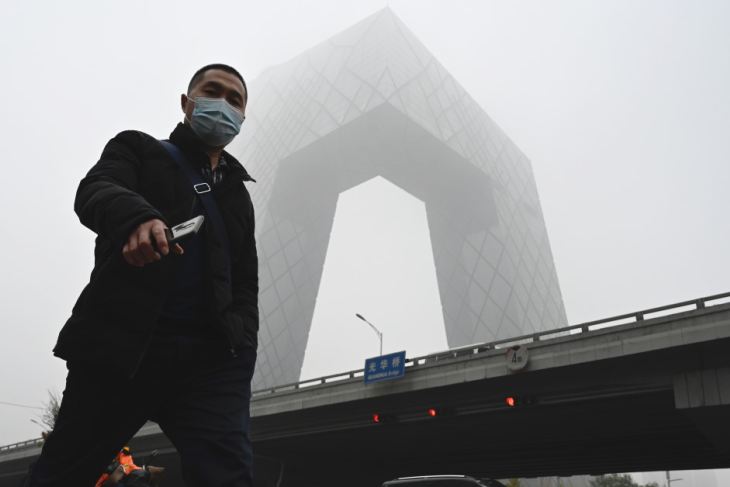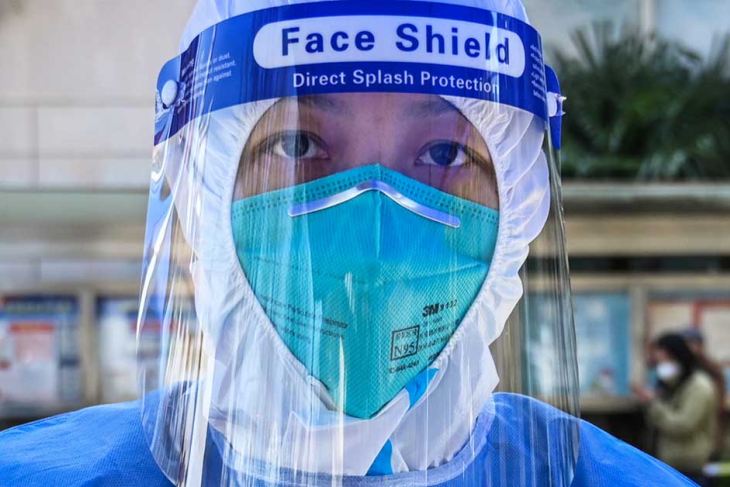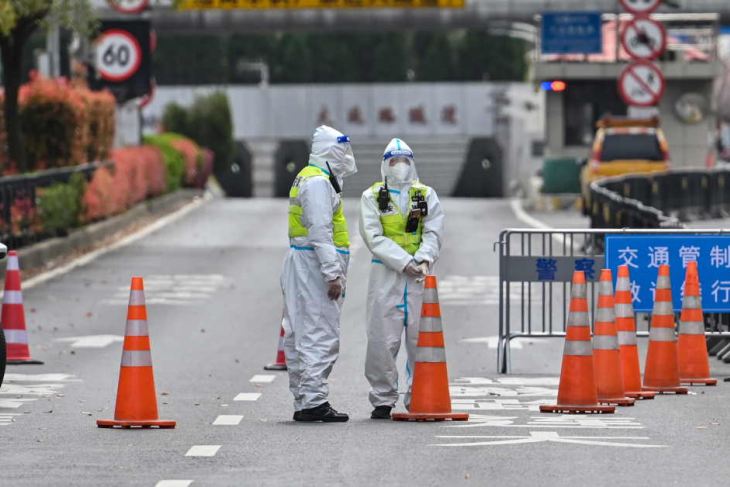World Health Organization
An unknown, severe strain of hepatitis has been identified in nearly 170 children across 11 countries in recent weeks, with at least one child dying of the mysterious disease, according to the World Health Organization (WHO).Here's what we know so far.Where Has It Been Detected? The first five cases were flagged in Scotland on 31 March by "astute clinicians, realising they were seeing something unusual", said Meera Chand, director of clinical and emerging infections at
The World Health Organization (WHO) said Friday it "strongly recommended" Pfizer's COVID-19 antiviral pill Paxlovid for patients with milder forms of the disease who were still at a high risk of hospitalisation.However, the United Nations (UN) agency warned it was "extremely concerned" that the inequality in access seen with COVID vaccines would again leave low- and middle-income countries "pushed to the end of the queue".United States (US) pharma giant Pfiz
A single vaccine shot against Human Papillomavirus (HPV), which causes cervical cancer, delivers comparable protection for girls and women under 21 as two doses, the World Health Organization’s (WHO) immunisation experts said."This could be a game-changer for the prevention of the disease, seeing more doses of the life-saving jab reach more girls," the WHO said.More than 95 percent of cervical cancer is caused by sexually-transmitted HPV, which is the fourth most common type of canc
COVID-19 is far from becoming an endemic disease and could still trigger large epidemics around the globe, the World Health Organization (WHO) said Thursday.WHO emergencies director Michael Ryan said it was also wrong to think that if COVID-19 did settle down and become endemic, that would mean the end of the problem."I certainly do not believe we've reached anything close to an endemic situation with this virus," Ryan told a live question-and-answer session on the WHO's s
A COVID-19 vaccine effective against multiple variants is possible before the end of 2022, the head of United States (US) pharmaceutical giant Pfizer said Wednesday.Chairman Albert Bourla said the firm was also working on producing a vaccine that could provide good protection for a whole year, meaning people would come back annually for boosters, as with influenza shots."I hope, clearly by autumn...
The WHO's emergency committee on COVID-19 on Wednesday unanimously affirmed that the virus remains a major public health danger and insisted that countries must stop dropping their guard.With many nations relaxing public health and social measures, and drastically reducing testing for the virus, the World Health Organization's (WHO) group of experts said the pandemic was far from being at an end."Now is not the time to let our guard down – on the contrary, and this is an extrem
20 mostly African countries have still not vaccinated even 10 percent of their population against COVID-19, the World Health Organization's (WHO) vaccine advisers lamented Monday.The Strategic Advisory Group of Experts on Immunisation (SAGE) said the speed of the COVID jab rollout had been "unprecedented".However, 20 countries – down from 34 in January – had still not managed a 10-percent immunisation rate, Kate O'Brien, the WHO's vaccines chief, told reporters."
After two years of racing to vaccinate the world against COVID-19, the number of available doses now surpasses demand in many areas.Yet a yawning gap remains in vaccination rates between the richest and poorest countries.On Friday, Gavi, which co-leads the COVAX global distribution scheme, is holding a summit calling for more funds to address the issue of inequality in vaccine access.Huge Production More than 13 billion doses have been produced since the pandemic, 11 billion of which
More than two-thirds of people living in Africa may have contracted COVID-19 over the past two years, about 97 times more than the number of reported infections, a World Health Organization (WHO) report has suggested.Laboratory tests have detected 11.5 million COVID-19 cases and 252,000 fatalities across the African continent.
A full 99 percent of people on Earth breathe air containing too many pollutants, the World Health Organization (WHO) said Monday, blaming poor air quality for millions of deaths each year.Fresh data from the United Nations (UN) health agency showed that every corner of the globe is dealing with air pollution, although the problem is much worse in poorer countries."Almost 100 percent of the global population is still breathing air that exceeds the standards recommended by the World Health
Even as COVID-19 enters its third year as a pandemic, the world is no closer to knowing the source of the virus that sparked it all.Just six weeks after declaring a global health emergency, the World Health Organization (WHO) declared the spread of the new coronavirus a pandemic on 11 March, 2020.
BA.2, a sub-variant of the Omicron coronavirus variant, has now become dominant globally, representing nearly 86 percent of all sequenced cases, according to the World Health Organization (WHO).First detected in the early days of January, the sub-variant is even more transmissible than its highly contagious Omicron siblings, BA.1 and BA.1.1.

